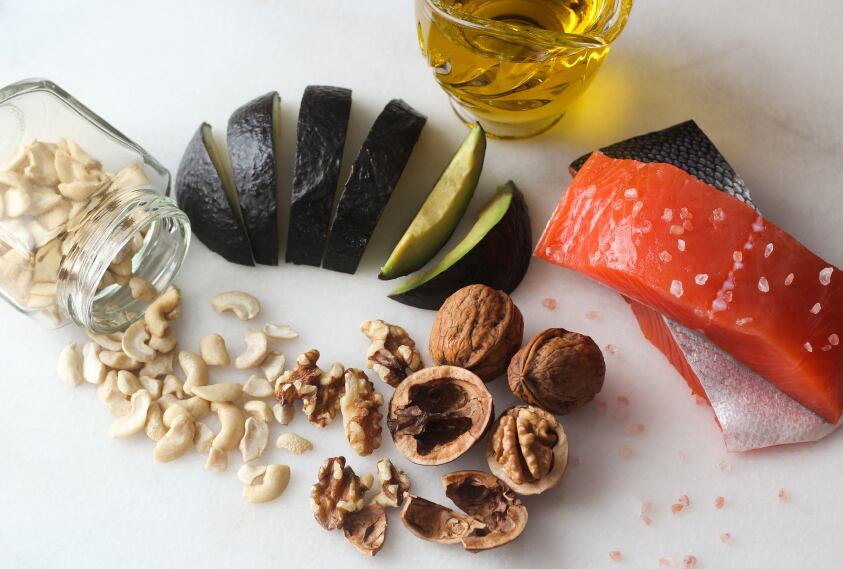The researchers from the University of South Carolina in the US and University of Queensland in Australia found that women with the most anti-inflammatory diet had a roughly 26% lower risk of developing depression compared to women with the most pro-inflammatory diet.
The paper used data from the Australian Longitudinal Study on Women’s Health (ALSWH), which had previously been used to show an increased consumption of fruits reduced both the prevalence and the incidence of depressive symptoms.
Yet this time the data was used to zoom in on the link between the inflammatory capacity of diets and depression.
This had been a neglected area of research for depression strategies, largely because of challenges in measuring the inflammatory potential of an individual’s diet.
This study – like a similar 2015 paper from Spain and a 2016 paper from the UK – made use of the Dietary Inflammatory Index (DII) to overcome this.
“There have been several reports on diet and depression and inflammation and depression, but virtually nothing on the inflammatory potential of diet,” one of the researchers behind the paper, Dr Nitin Shivappa of University of South Carolina, told us.
He and the other researchers were now working with the 2013-founded company Connecting Health Innovations (CHI), which develops clinical applications based on the DII.
The company was now in the final stages of developing a web-based dietary counselling system aimed at reducing the inflammatory potential of people’s diets.
“We plan to reach this out to people with depression as potential customers who can really benefit from our work,” Shivappa said.
Unipolar depression affects more than 151 million people worldwide, and by 2020 it is expected to become the world’s second most common disease after cardiovascular disease, according to the World Health Organisation (WHO).
The study
Published in the British Journal of Nutrition, the study used data from 6,438 women from the 13,715-participant ALSWH study after excluding those with a history of depressive symptoms and missing nutrition information.
Shivappa and colleagues used a survey in 2001, when nutrition questions were brought into the ALSWH study, as the baseline.

At this point the women were aged 50-55 years, and a further four surveys running up to 2013 were then completed.
Food frequency questionnaires were used for the DII calculation and this included pro-inflammatory components like energy, carbohydrate, protein, fat, saturated fatty acid, iron and cholesterol and anti-inflammatory components like alcohol, fibre, MUFA, PUFA, omega-3, omega-6, niacin, thiamin, ribo- flavin, magnesium, zinc, vitamin A, vitamin C, vitamin E, folic acid, beta-carotene, garlic and onions.
The mean DII score in this study was 1.11, which suggested a slightly pro-inflammatory diet.
Depressive symptoms were measured using a scale based on self-reported signs such as worrying and difficulty sleeping and relaxing.
Finding a mechanism
Dr Shivappa said the mechanisms involved in the association were “probably complex”.
“One possible explanation for this observed association could be through the effect of pro-inflammatory dietary components on insulin resistance, which in turn could increase activity along the hypothalamic-pituitary axis of brain,” he said.
“These include blunted immune response and changes in levels of neurotransmitters in the brain, which in turn result in depressive disorders.”
He said further cohort and intervention studies on the link between diet, inflammation and depression were now needed to shed light on the causal role of diet in the development of depression and other mental disorders.
Source: British Journal of Nutrition
Published online ahead of print, doi:10.1017/S0007114516002853
“Association between inflammatory potential of diet and risk of depression in middle-aged women: the Australian Longitudinal Study on Women’s Health”
Authors: N. Shivappa, D. A. J. M. Schoenaker, J. R. Hebert and G. D. Mishra
